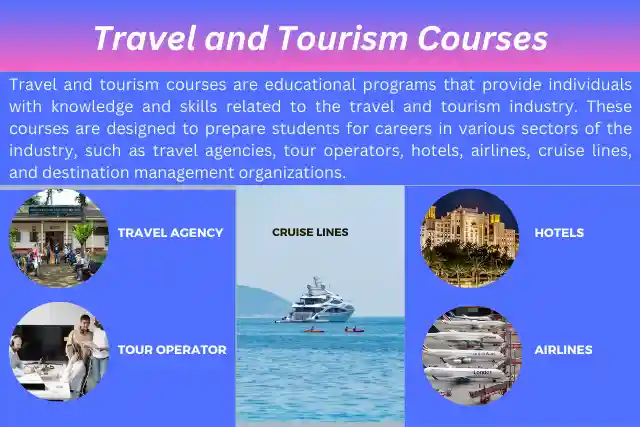Planning a vacation can be one of the most exciting yet daunting tasks, as it involves balancing dreams of adventure with the realities of logistics. With countless destinations to explore and experiences to discover, the journey of planning is just as important as the trip itself. Whether you are a seasoned traveler or embarking on your first getaway, mastering the art of vacation planning can unlock a world of possibilities.
Understanding the nuances of travel and tourism can lead to unforgettable experiences, making each trip a unique story waiting to unfold. From choosing the right destination to creating a budget that aligns with your desires, every decision paves the way for your adventure. In this guide, we will explore valuable tips to enhance your vacation planning, ensuring that your next break is filled with joy, relaxation, and discovery.
Choosing Your Destination
Selecting the perfect destination is a crucial first step in planning your vacation. Take time to consider what type of experience you desire. Are you looking for a relaxing beach getaway, an adventurous mountain retreat, or an immersive cultural exploration in a vibrant city? Each option offers unique attractions and activities, so think about what interests you most and what will create lasting memories.

Once you have an idea of the experience you want, research potential locations. Look into various travel and tourism options available in each destination. Consider factors such as local climate, best travel seasons, and any specific festivals or events that may enhance your trip. This research will help narrow down your choices and ensure that your destination aligns with your interests and expectations.
Another important aspect to consider is your budget. Evaluate how much you are willing to spend on travel, accommodations, food, and activities. Some destinations offer affordable options, while others may stretch your budget thin. Balancing your aspirations with your financial plan will help you choose a destination that is both enjoyable and practical for your vacation.
Budgeting Your Trip
Effective budgeting is the cornerstone of successful vacation planning. Start by determining your overall budget based on your financial situation and how much you're willing to spend on travel and tourism. Consider all potential costs, including transportation, accommodation, meals, activities, and souvenirs. Always add a buffer for unexpected expenses, ensuring you're prepared for any surprises along the way.
Once you have a total budget in mind, break it down into categories. Research approximate costs for each aspect of your trip, such as flights, hotels, and daily expenses. Use tools and resources available online to compare prices and find deals. This will help you allocate funds wisely and adjust your plans as necessary while staying within your financial limits.
Lastly, keep track of your spending while on your trip to avoid overspending. Utilize budgeting apps or simple spreadsheets to monitor your expenses in real time. By staying organized and aware of your financial situation, you can enjoy your vacation stress-free, knowing you are managing your travel and tourism costs effectively.
Creating an Itinerary
A well-crafted itinerary serves as the backbone of your vacation, guiding your daily activities and ensuring you make the most of your time. Start by identifying the key attractions and experiences you want to include in your travel plans. Research the opening hours and any potential restrictions, as well as the distance between locations. This preliminary step helps in prioritizing what you truly want to see and do, while also allowing for realistic scheduling.
Once you have a list of must-see sites, determine a logical flow for your daily activities. Group attractions that are close to each other, allowing for a more relaxed pace and reducing travel time. Be sure to include downtime in your itinerary, giving yourself the opportunity to explore spontaneously or simply rest. Balancing packed days with leisure will enhance your overall experience and prevent burnout.
Finally, stay flexible as you embark on your adventure. While it is helpful to have a structured itinerary, unexpected opportunities and changes can arise during travel. Allowing yourself the freedom to deviate from your original plan can often lead to discovering hidden gems and developing a deeper connection with the destinations you visit. Maintain a sense of adventure, and remember that sometimes the best memories come from the unplanned moments.
